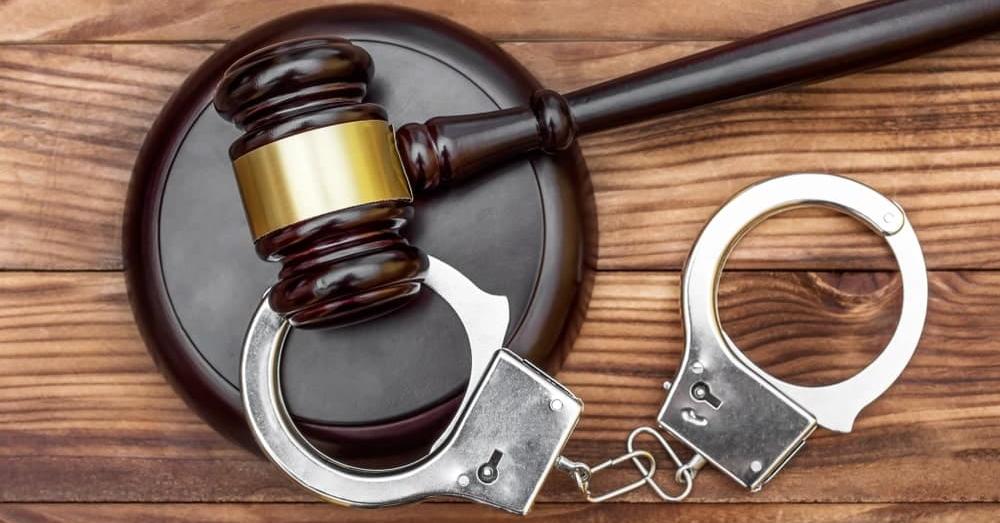Within the high-stakes arena of the justice system, in criminal defense’s realm – legal battles unfold; here, the role of Legal Ethics takes precedence. Entrusted with a weighty responsibility: defending individuals accused of crimes–criminal lawyers must navigate an intricate landscape that not only demands zealous advocacy but also unwavering adherence to ethical principles. This article delves into two significant aspects; first is how crucially important legal ethics are within this context and secondly it explores how attorneys masterfully balance between aggressive representation and upholding The Law Profession’s integrity.
The Foundation of Legal Ethics
The bedrock of criminal defense practice rests on comprehensive codes of conduct provided by The American Bar Association (ABA) and various state bar associations; these ethical guidelines outline attorneys’ professional obligations. Legal ethics, at its core, comprises the moral and professional principles that direct attorneys’ behavior: it serves as a compass for criminal lawyers—guiding their actions to uphold the rule of law while safeguarding clients’ rights and dignity.
Preserving Attorney-Client Privilege
The preservation of attorney-client privilege, a nsacred confidentiality that protects communications between a client and their lawyer from disclosure, is among criminal defense legal ethics’ fundamental tenets. To create an environment where clients can openly share the details of their case – fostering trust essential for effective representation: this is an imperative task for criminal lawyers. Not only is it a legal duty to u.phold this privilege, but also an ethical imperative: it highlights the sanctity of the attorney-client relationship.
Zealous Advocacy vs. Professional Boundaries
Frequently, society require.s criminal lawyers to offer zealous defense for their clients; indeed, this expectation of fervent advocacy is not only encouraged but also essential. However–there must exist a delicate balance: one that prevents the transgression into unprofessional territory and maintains respectability within legal boundaries. Advocacy driven by zealousness should never materialize as unethical conduct or the subversion of law processes–that is paramount to remember. Criminal lawyers with an ethical compass grasp a crucial principle: their duty to provide vigorous defense for clients must harmonize – not conflict – with values of fairness, justice and respect towards all involved parties’ rights.
Conflicts of Interest
Criminal lawyers potentially navigate an ethical minefield through conflicts of interest. Ethical considerations emerge: when a lawyer’s personal or financial interests clash with their client’s best interests; thus, skillful navigation of these dilemmas becomes not just important – but paramount – to preserve the integrity inherent in legal representation. To ensure an undivided and loyal commitment to the defense, lawyers must actively steer clear of scenarios in which their personal interests could compromise their ability to act in the best interest of their clients.
The Duty of Candor to the Court
A criminal lawyer, as staunch client advocates, bears a dual duty: one towards their clients and another—of candor—to the court. This particular obligation necessitates presenting not only truthful but also accurate information; however beneficial or detrimental it might be for their client’s case. Honesty and transparency in dealings with the court are mandated by legal ethics – a force that bolsters the integrity of our justice system.
Prohibited Conduct
Prohibited conduct that criminal lawyers must avoid is clearly delineated by legal ethics; this includes acts–such as dishonesty, fraud, and misrepresentation. Engaging in such conduct not only undermines the attorney’s credibility but also erodes the public’s trust in our legal system. Understanding the gravity of their roles, ethical criminal lawyers strive relentlessly to uphold the utmost standards of professional conduct.
Balancing Aggressive Defense with Ethical Constraints
The ability to provide an aggressive defense for clients while adhering to ethical constraints forms a cornerstone of effective criminal defense. This balance necessitates astute judgment and nuanced understanding of legal principles; thus, strategic advocacy employed by ethical criminal lawyers challenges the prosecution’s case without resorting to tactics that could jeopardize the overall integrity of our legal system.
The Evolving Landscape
Technological advancements, evolving societal norms and the complexities of high-profile cases influence new challenges that criminal defense attorneys face in the contemporary legal landscape. Issues such as digital evidence management, media relations strategy development and responsible use of emerging technologies extend ethical considerations for these lawyers. While upholding timeless principles like integrity and professionalism, adapting to these changes is imperative for an ethical criminal lawyer.
Conclusion
In conclusion, the significance of legal ethics in criminal defense defies overstatement. As guardians of justice–criminal lawyers–they serve to defend the accused; their actions are guided by a set of ethical principles that uphold not only individual dignity but also elevate the entire legal profession’s standing. Nurturing attorney-client privilege, deftly navigating conflicts of interest, fostering court candor–these are all integral parts to maintaining equilibrium on an ethical tightrope where vigorous defense must coexist harmoniously with professional constraints: this is what it means for a lawyer specializing in criminal law practice area. Ethical criminal lawyers, by embracing these principles, contribute to their clients’ well-being and the enduring integrity of the criminal justice system.





